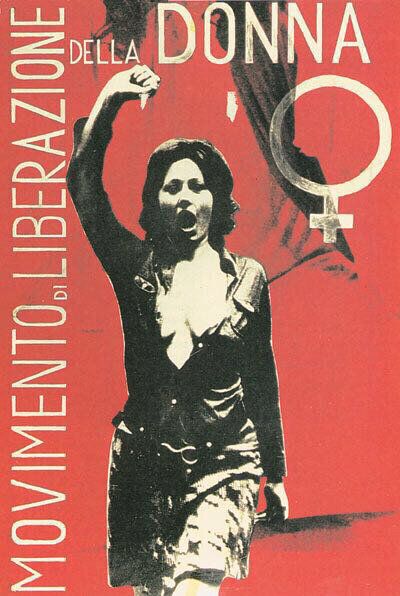a cura di Emanuele Martinelli
Nota biografica: Franco Ferrarotti, nato nel 1926 a Palazzolo Vercellese, è lo studioso che massimamente ha contribuito a introdurre e a sviluppare nella cultura italiana la sociologia, quale nuova scienza storica e sociale. E’ stato il vincitore nel 1960 della prima cattedra di Sociologia messa a concorso in Italia. È stato il fondatore e l’animatore dell’Istituto di Sociologia dell’Università La Sapienza di Roma, a partire dall’anno accademico 1963/1964. Ma già nel 1951 aveva creato I Quaderni di Sociologia insieme a Nicola Abbagnano, dando vita poi nel 1967 a La Critica sociologica, … Continua a leggere



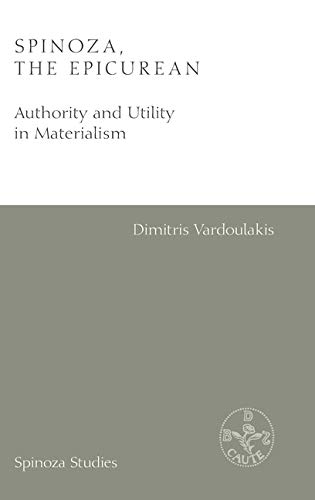
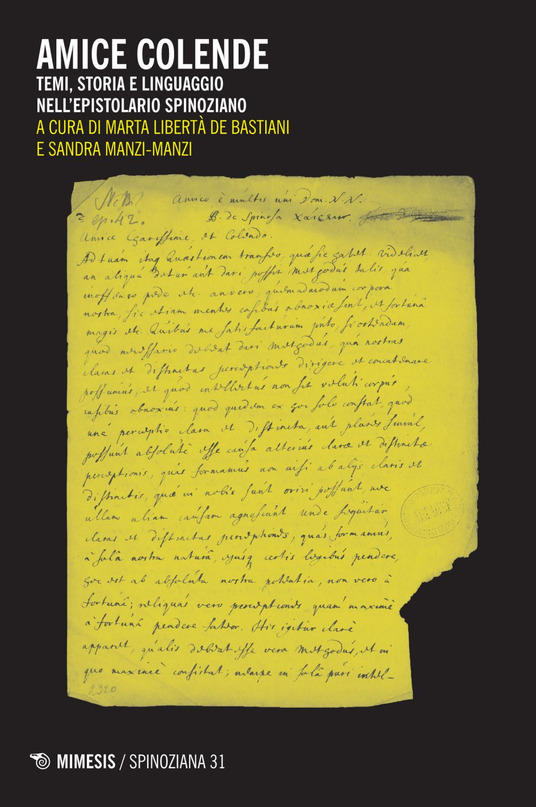
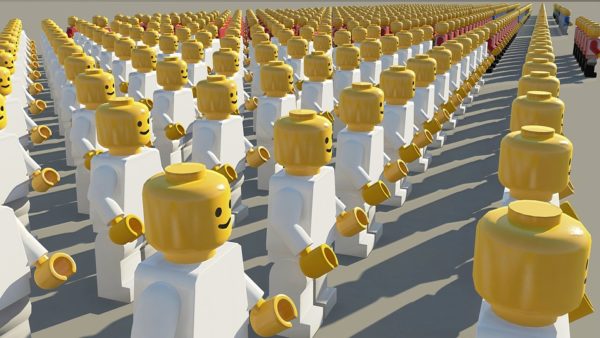
 …
… 
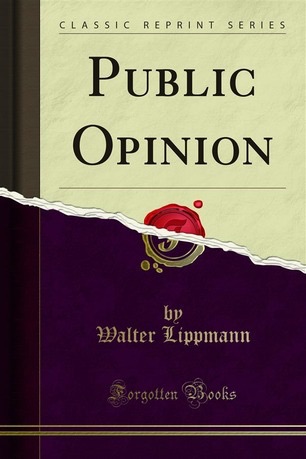


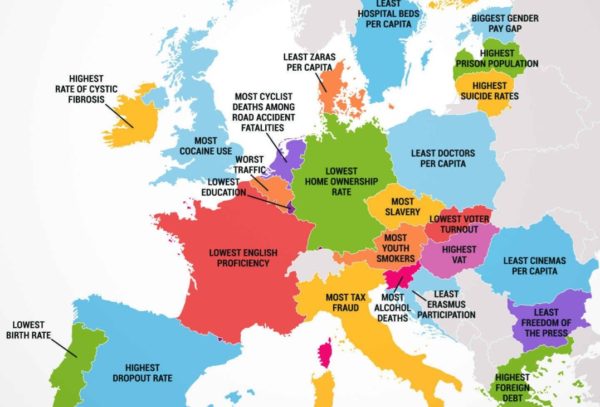

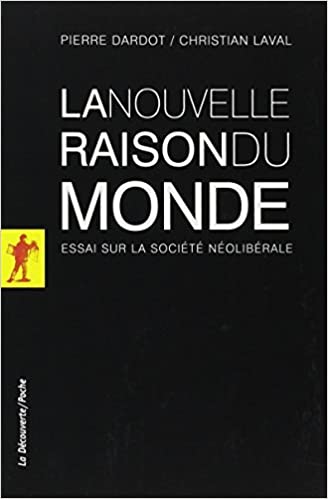 …
… 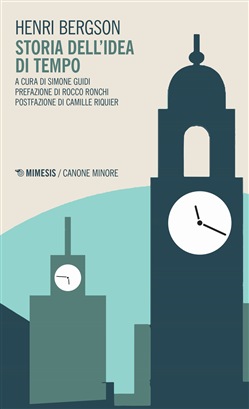 …
… 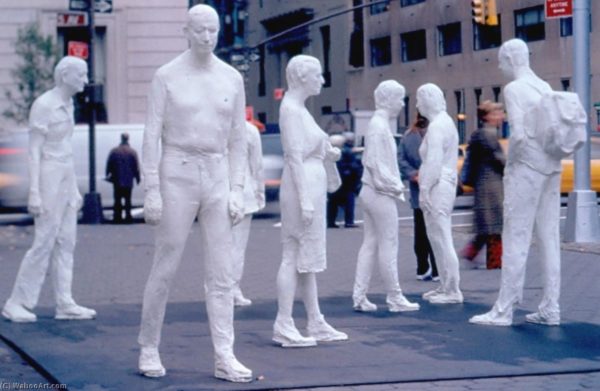 George Segal…
George Segal… 


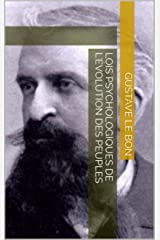


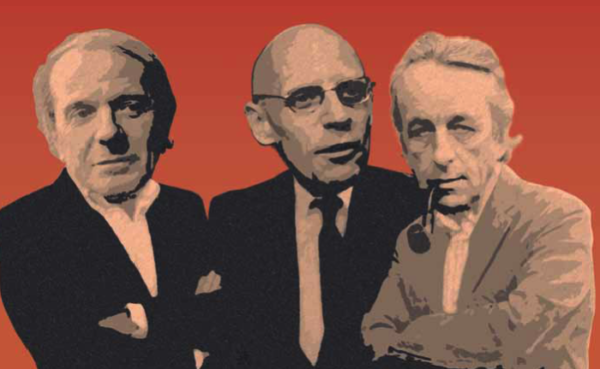
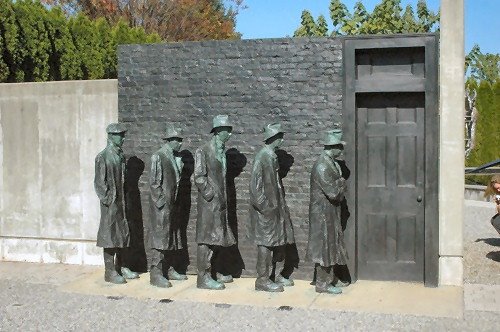 George Segal
George Segal
